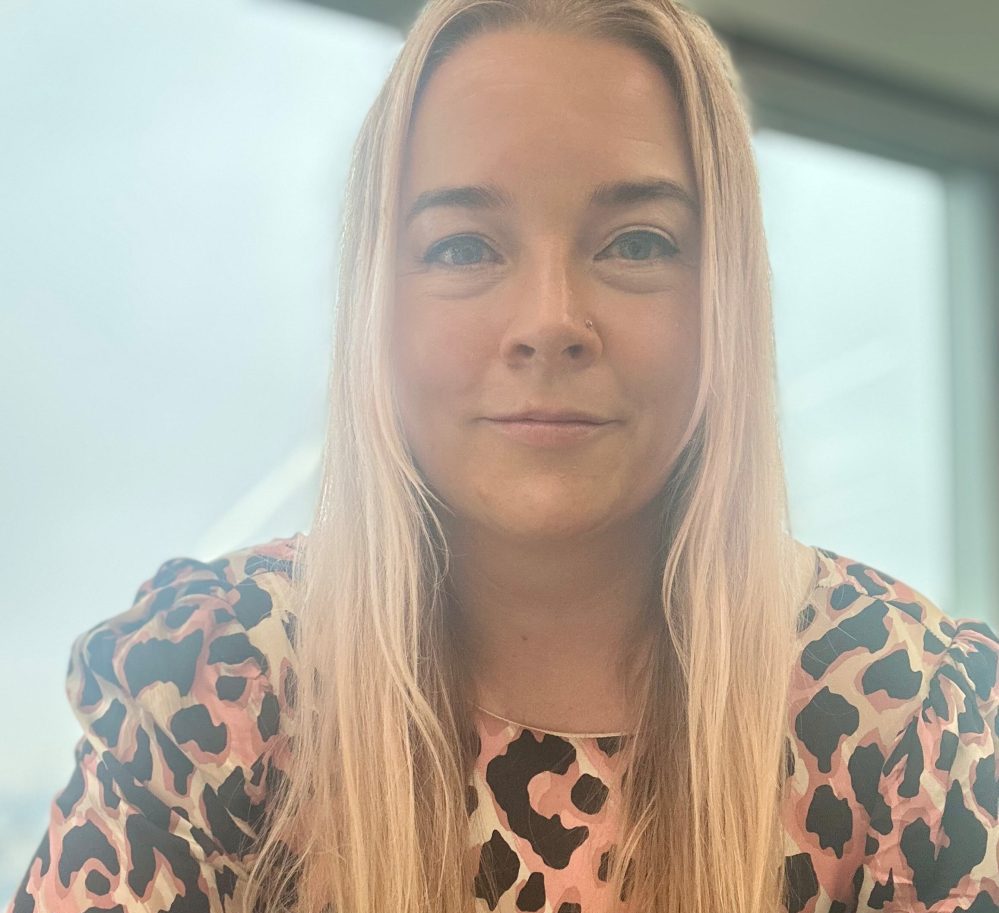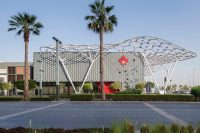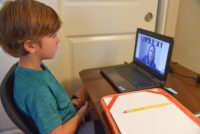Ahead of its 17th edition, Brand Director Sarah Palmer talks to Education Middle East about changes in the GCC education sector, emerging supply chain trends and highlights from this year’s exhibition
The GESS Education Conference and Exhibition is now part of Informa’s portfolio of events, with the exhibitions group overseeing its organisation and execution across Dubai, Riyadh and other locations in the MENA region. Informa took over the reins of the show in 2023.
GESS Dubai is one of the flagship events within the GESS portfolio. Now in its 17th year, GESS Dubai has been the focal point for education in the Middle East.
This year’s event comes at a crucial time, as the global education sector continues to navigate extraordinary changes. GESS Dubai 2024 offers a platform where educators can explore innovative solutions to meet the challenges of modern teaching, from integrating AI into classrooms to fostering well-being among students.
For learning solution providers looking to establish or expand their presence in the region, the event provides an opportunity to meet with more than 8,000 educational professionals including key buyers and decision-makers. This year GESS Dubai will host 350 plus education brands from more than 40 countries around the globe.
As GESS Dubai gears up for its 17th edition, we speak to Sarah Palmer, Brand Director, GESS Education about the latest developments in education in the GCC, what Informa brings to the event, emerging supply chain trends and highlights of the event this year.
What can we expect at GESS Dubai this year?
GESS Dubai 2024 promises to be a dynamic and inspiring experience, uniting educators, technology innovators and thought leaders from around the world. Scheduled from November 12-14, the event will showcase a record-breaking 300+ brands from more than 30 countries. Highlights include the largest start-up pavilion to date and the debut of Gaming@GESS, a space dedicated to gamification and game-based learning. The conference will feature an impressive roster of speakers such as Matt Green, the viral ‘Rapping Science Teacher’; Gavin McCormack, co-founder of Upschool.co; and Darren Coxon of CoxonAI, each bringing fresh perspectives on reshaping education through entertainment, purpose-driven learning and AI. With dedicated hubs on sustainability and student well-being, GESS 2024 stands as an essential platform for educators eager to explore transformative strategies in teaching and take home learning to put in place in their classrooms.
With Informa now organising GESS Dubai, how do you see this development impacting the event’s direction and growth?
Informa’s stewardship has the potential to elevate GESS Dubai to new heights, strengthening its reach and solidifying its status as the premier education event in the Middle East. With Informa’s extensive global network and expertise in large-scale event organisation, GESS Dubai benefits from fresh resources and strategic partnerships that are set to enhance its international appeal. Additionally, tech innovations like ConnectMe and Lead Insights will be introduced, making the experience more engaging and personalised for attendees by streamlining networking, improving customer insights and ensuring a seamless and connected experience throughout the event.
In your view, what areas in education are experiencing major changes in the GCC, and what factors are driving this transformation?
The GCC is undergoing significant changes, with a strong focus on technology-enhanced learning, real-world skill integration and student well-being. Regional governments are prioritising digital transformation in education, inspired by national agendas such as the UAE’s ‘Vision 2031’. Key areas of focus include AI, gamification and STEM, as schools prepare students for future career paths. Additionally, there’s a movement towards incorporating sustainability and mindfulness, in line with global trends that emphasise a holistic approach to student development. These changes are largely driven by a growing need for a workforce skilled in modern technology, supported by GCC governments’ commitment to building a well-rounded, future-oriented education system.
What major trends do you see in the K-12 supply chain within the region? What key challenges are GCC schools facing in managing supply chain needs?
Schools in the GCC are focusing on building resilient supply chains to support the demand for tech-based learning tools and sustainable resources. Trends include a shift towards local suppliers for essentials, growing partnerships with edtech providers and the integration of AI-driven resource management systems. However, schools still face challenges such as rising costs, fluctuating demand and the complexity of aligning suppliers with evolving educational standards. The need for adaptable and diversified supply chains has become evident as institutions strive to meet students’ needs efficiently while also managing costs and quality standards.
How is AI transforming education, and what impact do you see it having on teaching methods and learning experiences?
AI is revolutionising education by enabling more personalised learning experiences, streamlining administrative processes and enhancing teaching methods. Through adaptive learning platforms and AI-driven assessment tools, educators can better understand individual student progress and tailor support accordingly. In classrooms, AI fosters interactive and immersive lessons that engage students on a new level. AI’s potential extends in alleviating teachers’ administrative workloads, allowing them to focus more on in-depth teaching and mentoring. As highlighted by Darren Coxon of CoxonAI at GESS Dubai, the use of AI is not just about bringing technology into the classroom—it’s about reimagining how education is delivered to empower students in new and impactful ways.








